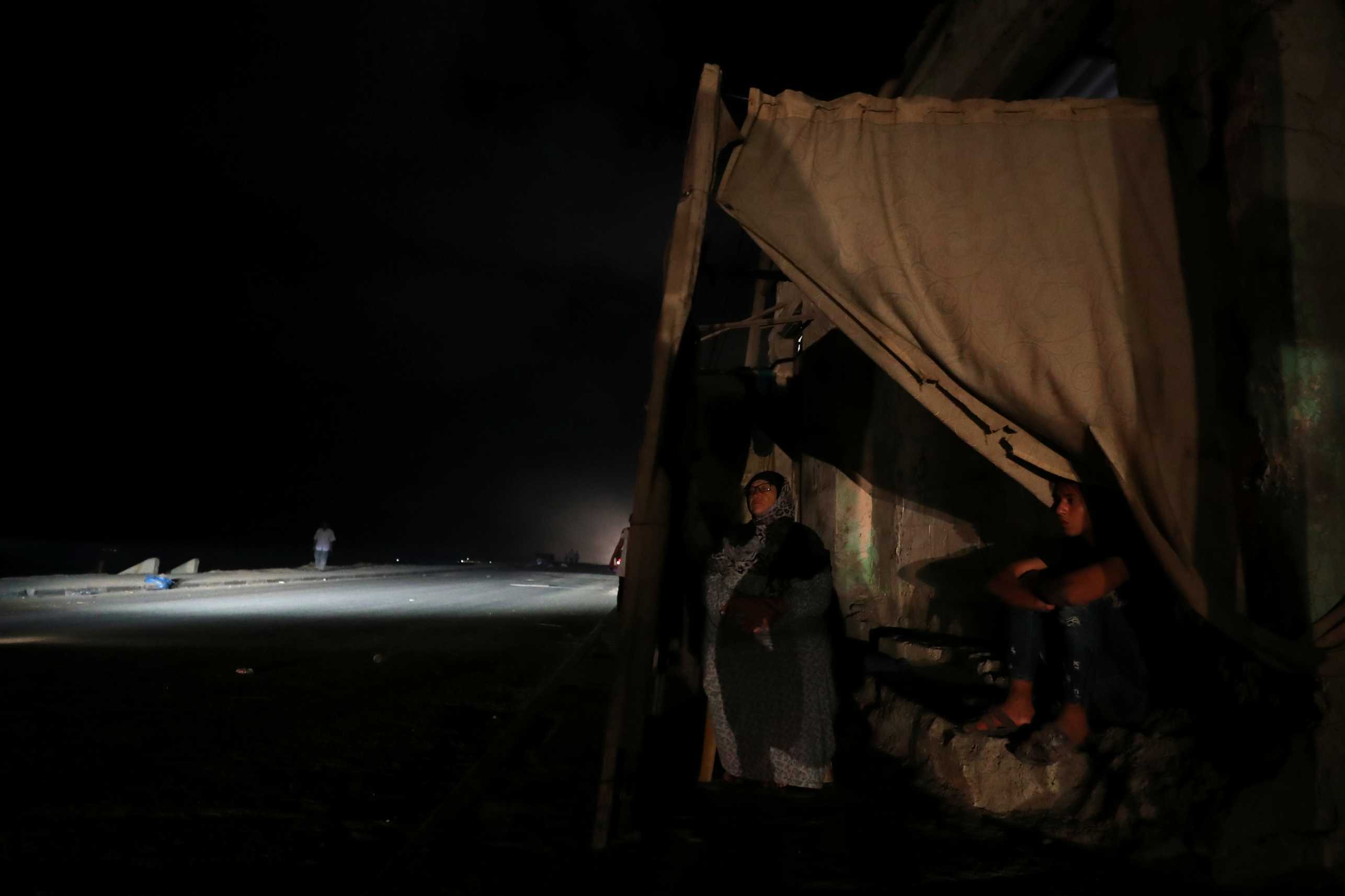Projects to Develop Tech for Humanitarian Goals
Three new projects have been awarded funding through the Humanitarian Action Challenge grant, offered through the Engineering Humanitarian Action partnership between ETH, EPFL, and the International Committee for the Red Cross.
AI for Forecasting and Demand Planning

September 2024 – August 2026
The use of Artificial Intelligence (AI) in commercial supply chains has helped companies like Amazon fine-tune their operations and increase profits. The potential of these new technologies has not, however, been fully explored in humanitarian organizations, where resources are scarce, and lives at stake.
This project strives to fill that gap. It investigates the potential of machine-learning to improve how ICRC forecasts the medical supply it delivers to health facilities in war zones. The researchers will analyze several years of order data from its health programs, to identify patterns of historical consumption. They will then apply AI to build a predictive model to improve the accuracy of future forecasts. The ETH research team will apply experience gained in a previous HAC project, which measurably improved the planning of medical supply.
ETH PI: Prof. Dr. Stephan Wagner (Chair of Logistics Management at ETH Zurich)
ICRC Partners: Rubén Naval Artal (Head of Global Supply), Mohsen Hashemi (Supply Chain - Purchasing Specialist),
Other partners: Dr. Sarbani Bublu Thakur-Weigold (Associate Director of the HumOSCM Lab at the Chair of Logistics Management at ETH Zurich), Gino Lancho (Research Scientist)
“Humanitarian Crisis Detection with Nightlight”

January 2025 – December 2026
Timely identification of emerging crises is crucial for effective humanitarian response. While traditional monitoring methods remain essential, they can sometimes prove inadequate, particularly when humanitarian emergencies arise in remote or inaccessible regions. Our project addresses this challenge by exploring satellite nighttime light (NTL) data as a proxy for the identification of crises. Available daily, at no cost, and in near-real time, NTL data offers unique insights into changes in livelihoods and human activity. By combining deep learning techniques with qualitative research methods, we are developing a tool that proactively detects unusual changes in NTL, with the aim of enabling the early detection of humanitarian crises in conflict contexts relevant to the ICRC.
ETH PI: Dr. Corinne Bara (Senior Researcher at the Center for Security Studies)
EPFL PI: Prof. Dr. Devis Tuia (Environmental Computational Science and Earth Observation Laboratory)
ICRC partner: Thao Ton-That Whelan (GIS and remote sensing analyst)
Other partner: Dr. Valerie Sticher (postdoctoral researcher in Department of Political Science at University of Zurich)
Wireless Mesh Networking for Humanitarian Communication

September 2024 – February 2026
Effective communication is vital for coordinating humanitarian operations. However, regions in which humanitarian workers operate often suffer from frequent internet disruptions or lack connectivity altogether. Internet outages leave smartphones stranded, despite their widespread availability. To address this issue, the project will analyze a novel communication solution for times when cellular networks and non-terrestrial (satellite) networks are unreachable. We will explore the combined use of wireless mesh networks and Delay Tolerant Networks (DTNs). The solution will adapt to a changing environment: it will dynamically utilize the available resources, such as internet access or local Wi-Fi networks, and seamlessly transition to mesh networks (Bluetooth or Wi-Fi) during internet outages.
ETH PI: Prof. Dr. Kenneth Paterson
ICRC partners: Claudiu Mateescu (Senior Telecommunications Engineer), Jeremie Oberson (Transformation Program Manager)
Other partners: Dr. Stefan Mangold (Founder and General Manager of Lovefield Wireless GmbH), Dr. Lenka Mareková (postdoc in the Applied Cryptography group at ETH Zurich)